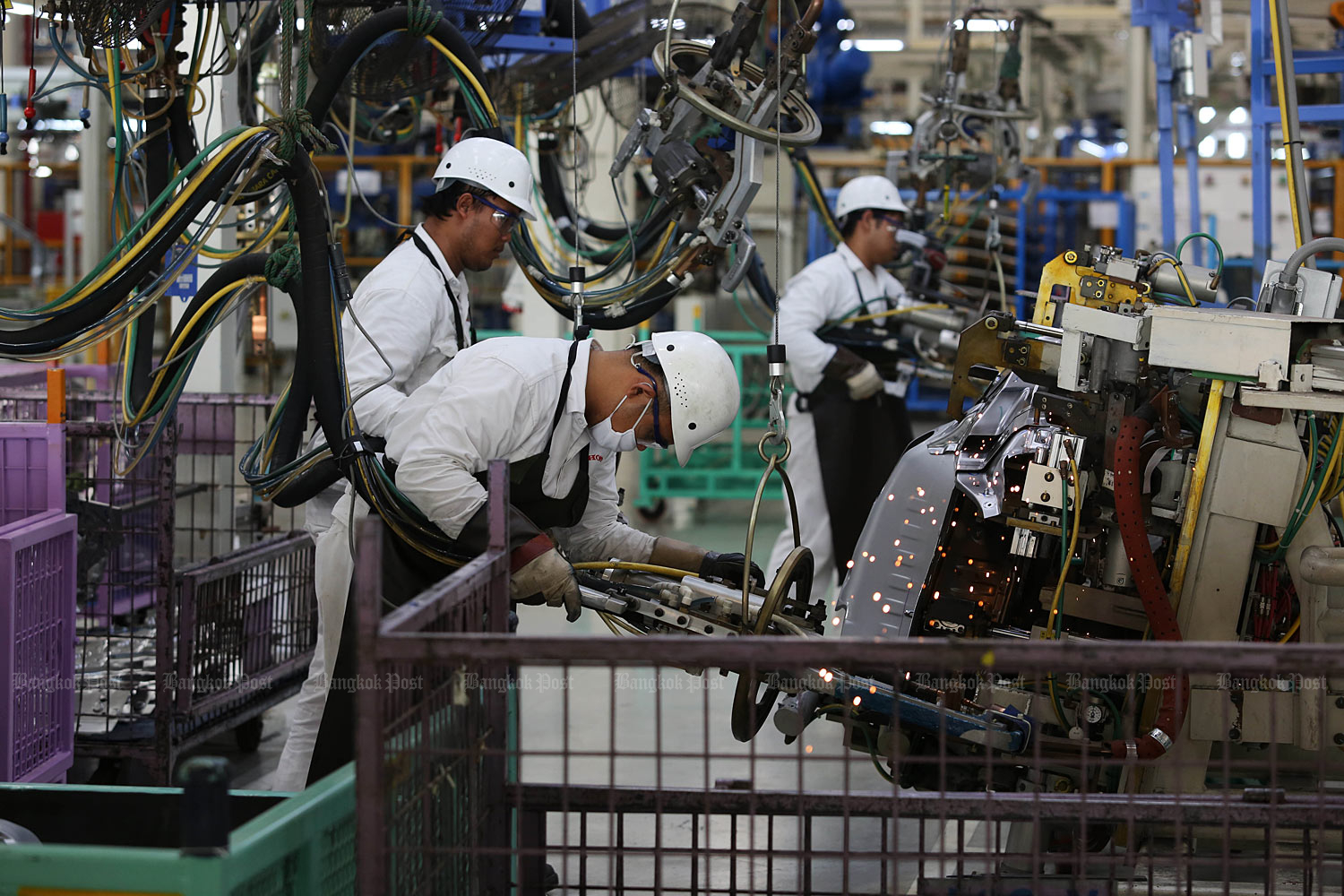
The Thai Industries Sentiment Index (TISI) rose to 91.1 points in November based on higher goods purchase orders, driven by year-end celebrations and countries bracing for the new US trade policy, says the Federation of Thai Industries (FTI).
The index, which gauges business confidence among manufacturers, was 89.1 points in October.
Not only did countries buy more products to prepare for the Christmas and New Year festivals, but exports of computers and their peripherals as well as some machinery also increased.
"Thailand's trading partners bought machinery and raw materials to serve their production," said Apichit Prasoprat, vice-chairman of the FTI.
"They are bracing for uncertainties expected to result from the new US trade policy," he said.
President-elect Donald Trump, who will take office on Jan 20 next year, said earlier he would impose tariffs of 10-20% on all imported products, with tariffs of 60-100% on goods imported from China, according to media reports.
According to the FTI, the increase in the November TISI was also attributed to the baht's depreciation which fuelled exports and the continual growth of tourism.
Between Jan 1 and Nov 24 this year, the number of foreign tourist arrivals tallied 31.3 million, a year-on-year increase of 28%.
Despite many positive factors, the manufacturing sector encountered the impact of flooding and debt problems in November.
Inundations in the deep South caused 1.4 billion baht in damage to the sector.
In the third quarter, the value of non-performing loans increased to 1.2 trillion baht, representing a 14.1% growth year-on-year.
This situation put more pressure on consumer purchasing power amid the high level of household debt.
Though the Bank of Thailand said total household debt represented 89.8% of GDP in the second quarter, down from 90.8% in the first quarter, the debt-to-GDP ratio remains high, causing banks to tighten lending criteria, eventually affecting domestic car sales.


